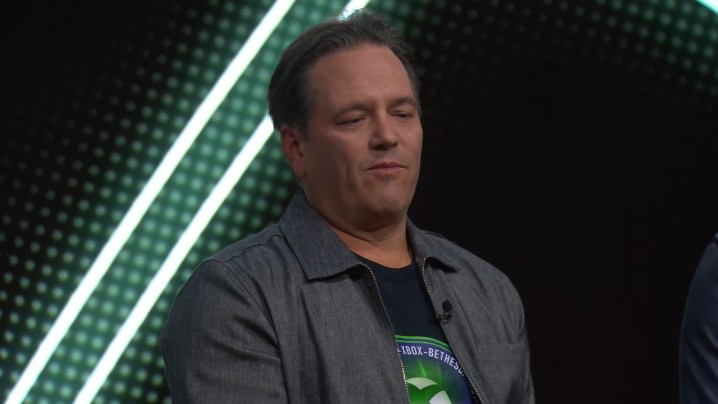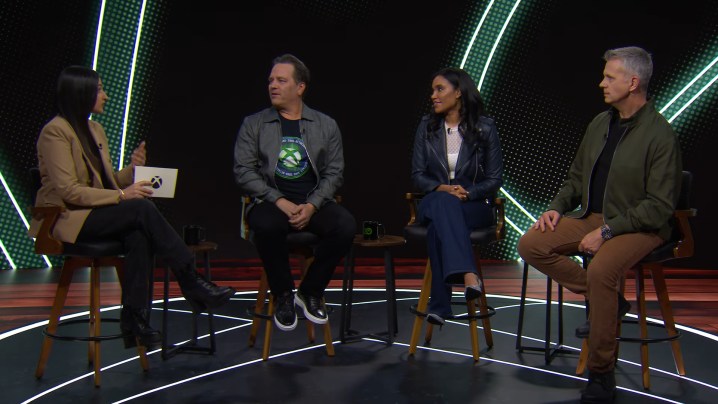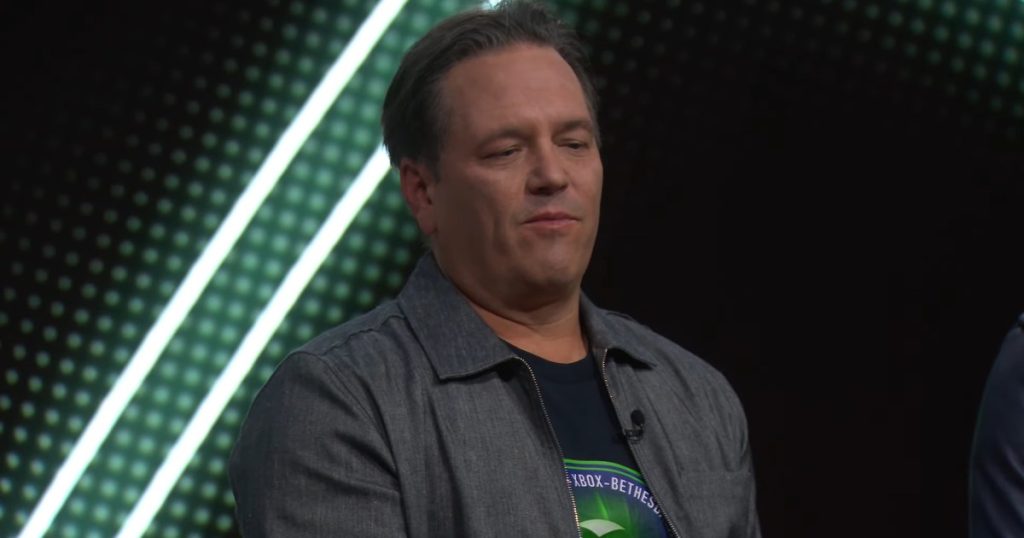
The video game industry has experienced a significant wave of layoffs over the past year, with major culprits including Embracer Group and Microsoft. Embracer Group has laid off nearly 1,400 workers across several of its studios, while Microsoft laid off 1,900 developers across Xbox, Bethesda, and Activision Blizzard in January. The response from leadership at both companies fell short of addressing the real concerns.
Embracer Group’s CEO, Lars Wingefors, attributed the restructuring program to a failed investment, which led to the shutdown of studios, project cancellations, and employee layoffs. Despite his claims of carrying out the layoffs with compassion and integrity, the actions of closing Volition on the last day of August contradict this statement. Furthermore, Wingefors emphasized the need to maximize shareholder value, signaling where the true concern lies.

Phil Spencer, Microsoft’s CEO, acknowledged the recent layoffs during the Updates on the Xbox Business edition of the Official Xbox Podcast. His focus was on the need for industry growth and the role it plays in sustaining a healthy business. However, the conflicting claims about growth from other Xbox executives bring into question the real motive behind the layoffs.

Both Embracer Group and Microsoft’s responses to the layoffs have raised concerns about the companies’ priorities. It is evident that the statements made by the leadership do not fully address the disconnect between the executives’ focus on growth and the wellbeing of the employees.
The latest layoffs in the video game industry bring to light the need for better communication and transparency from the leaders of these companies. The focus should not only be on financial and shareholder interests, but on the well-being and livelihood of the developers and creatives who are the backbone of the industry.
Editors’ Recommendations


